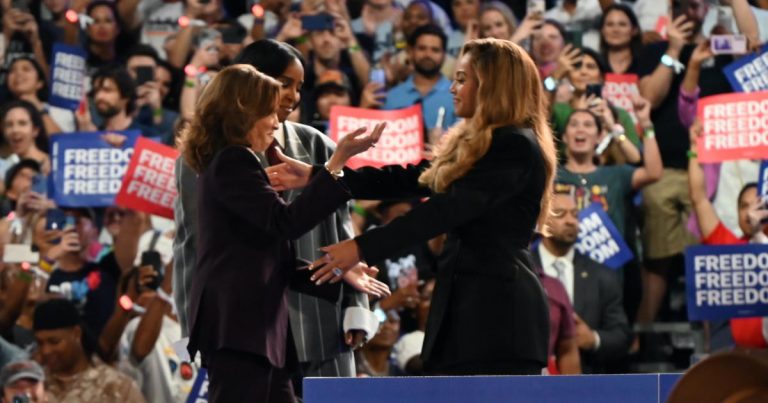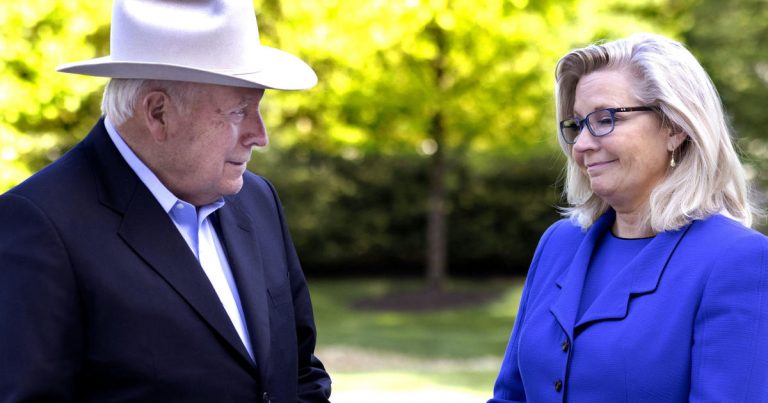How Cold War memories, politics, and Donald Trump influence views on Ukraine aid: CBS News poll.
Views on providing aid to Ukraine are not just about supporting a country in need; they also reflect how Americans perceive Russia, the United States’ role in global affairs, and the lingering influence of the Cold War. Politically, these views are also divided, with partisan dynamics playing a significant role, particularly within the Republican Party.
One key indicator of this division within the GOP is the level of trust placed in former President Donald Trump. When it comes to information about the Ukraine-Russia conflict, Republicans who trust Trump tend to favor his perspective over other sources. This group is less likely to support aid to Ukraine compared to those who trust the U.S. military or the Pentagon.
Within the GOP, self-identified “MAGA” Republicans, who align closely with Trump’s ideology, overwhelmingly trust his judgment and are particularly opposed to providing aid to Ukraine. This stance is even more pronounced among MAGA Republicans compared to non-MAGA Republicans.
On the other end of the political spectrum, Democrats who trust President Biden tend to have more faith in the Pentagon, the State Department, and journalists reporting from the conflict zone. This trust in multiple sources influences their perspectives on aid to Ukraine.
Furthermore, attitudes toward Russia play a significant role in shaping opinions on aid. Those who view Russia as an enemy of the United States are more likely to support providing assistance to Ukraine. Interestingly, this perception of Russia as an adversary is influenced by age, with older Republicans and Democrats more likely to hold this view, possibly due to their experiences during the Cold War era.
Individuals who believe that the U.S. emerged victorious in the Cold War against the Soviet Union are more inclined to view Russia as an enemy today and are more supportive of aid to Ukraine. This connection between historical perceptions and current attitudes highlights the lasting impact of past events on present-day foreign policy debates.
However, memories of the Cold War are varied among Americans, with a significant portion indicating that they do not remember the era well enough to determine the outcome. This lack of historical recollection can also influence opinions on providing aid to Ukraine.
In addition to historical context, the perceived effectiveness of aid in deterring Russian military actions in Europe also influences support for assisting Ukraine. Those who view aid as a moral imperative or believe in the U.S.’s responsibility to promote democracy worldwide are more likely to back assistance for Ukraine.
The findings of this CBS News/YouGov survey, conducted with a nationally representative sample of 2,399 U.S. adults, shed light on the complex interplay between political affiliations, historical perspectives, and moral considerations in shaping attitudes towards aid to Ukraine. As the conflict continues to unfold, these factors will likely continue to influence public opinion and policy decisions.








